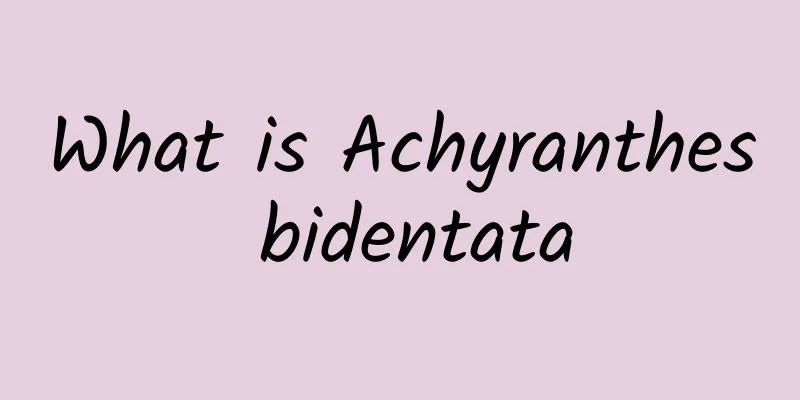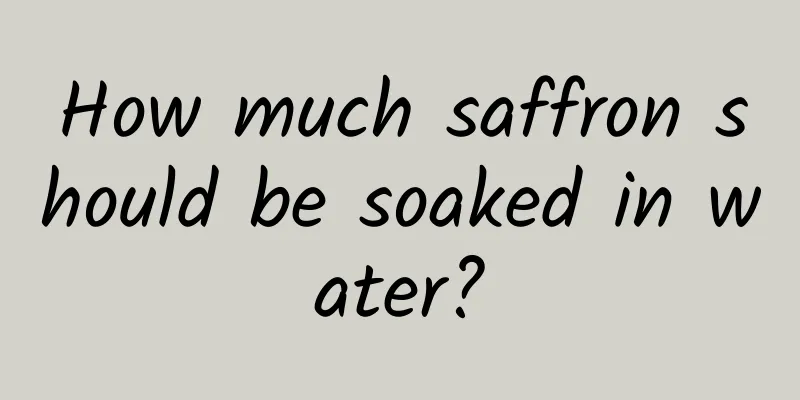The efficacy and function of gold ear pick

|
Traditional Chinese medicine culture is profound and extensive, and Chinese medicinal materials account for a large proportion of it. Do you know about golden ear scrapers? What are its effects and functions, and how to eat them? I believe many people are very interested in it. Let me tell you one by one below. [Alias] Ear-picking grass (Chongqing Herbal Medicine), Pu Di Chrysanthemum, Fatigue-injury Grass (Quanzhou Materia Medica), Wild Tobacco, Iron Claw Grass, Wild Sunflower, Tieguxiao, Fantianyin (Hunan Materia Medica), Inverted Chrysanthemum, Mountain Chimney Head (Guangzhou Air Force Manual of Commonly Used Chinese Herbal Medicines). [Source] It is the whole herb of the Asteraceae plant . Harvested during flowering period from August to September. [Original morphology] Perennial herb, 50 to 100 cm tall, the whole plant is covered with white hairs. The stem is erect, slightly hard and grooved. The leaves are alternate; the leaves on the lower part of the stem are large, ovate-oblong, up to 15 cm long and 6 cm wide, with irregular serrations on the edges; the leaves on the upper part of the stem are small, getting smaller as they go up, lanceolate, and almost entire. The inflorescence is solitary at the end of the stem or the top of the branch, drooping, with a diameter of about 10 to 16 mm; the involucre is oblate, the outer bracts are long lanceolate, and the inner bracts are membranous, elliptic-lanceolate; all the flowers are tubular, yellow, the outer layers are female flowers, and the central one is bisexual. Achenes slender, without pappus. Flowering period is autumn. [Habitat distribution] Growing on hillsides and wastelands. Distributed in Sichuan, Guizhou, Hunan, Fujian and Northeast China. Produced in Sichuan, Fujian, Hunan and other places. [Properties] The whole plant is dried, with thin and long stems, covered with silky hairs, which are especially dense in the young and tender parts, and are gray-green to dark brown. The leaves are mostly wrinkled and broken, ovate-oblong, gray-green to brown-green. The base of the stem is covered with clusters of fine roots, about 5 to 10 cm long and dark brown. Sometimes with a head of inflorescence, which is withered yellow. It has a grassy smell and a bitter taste. 【Nature and flavor】 Bitter, pungent, cool. 【Functions and indications】 Clears away heat and detoxifies. Treat colds, headaches, diarrhea, sore throats, red eyes, carbuncles, and hemorrhoidal bleeding. [Usage and Dosage] For internal use: decoct in water, 2 to 3 qian; or mash into juice. For external use: decoct in water for washing or mash for application. [Additional prescription] ① Treat sore throat: Crush the whole fresh herb of Golden Ear and squeeze out the juice, mix with honey and drink. (Quanzhou Materia Medica) 【Excerpt】 《*Dictionary》 [Source] From "Classification of Herbal Properties". Through the introduction of the above content, we can understand that the traditional Chinese medicine golden ear scraper plays a very important role in many aspects. Proper consumption of golden ear picks has many benefits to our body. |
<<: The efficacy and function of Eurya vulgaris
>>: The efficacy and function of golden kidney
Recommend
What kind of zoo could make an emotionally stable capybara become anxious?
Capybara is undoubtedly one of the hottest animal...
Why do people blush? It's actually an evolutionary advantage
Charles Darwin, a British naturalist and the orig...
Mr. Xin and Mr. Ling's "Healthy Meta-Universe"
This is the 3538th article of Da Yi Xiao Hu Mr. X...
Cold air is coming again! During the May Day holiday, there may be sandstorms in these places
The May Day holiday is coming soon Are you a litt...
What does the Earth look like from space? These images are guaranteed to be something you've never seen before!
From ancient times to the present, weather observ...
My parents don’t allow me to drink raw water. What’s the “ghost” hidden in it?
Water is the source of life. It maintains body fl...
The efficacy and function of Rhizoma Coptis Chinensis
Coptis chinensis is a very common Chinese medicin...
One of the hardiest plants on Earth, this moss could be the key to future Mars colonization
Tuchong Creative In the grand blueprint of human ...
Why do we feel more energetic the more we stay up late?
Reviewer of this article: Chen Haixu, Deputy Dire...
Is there a health risk to soaking your feet in hot water? These 4 types of people should be careful!
Soaking your feet in hot water before going to be...
The efficacy and function of the immortal staff
Since Chinese medicine has fewer side effects, mo...
The efficacy and function of Yunshi root
Everyone is familiar with Yun Shigen, of course s...
Cold air is coming! Don’t wear your winter clothes directly from the bottom of the box, as it may cause...
Recently, cold air has hit Temperatures hit recor...
The efficacy and function of Agave
Traditional Chinese medicine has always been the ...



![[Artificial Intelligence] What AI technologies can you not live without in your life?](/upload/images/67efffa9c9124.webp)





